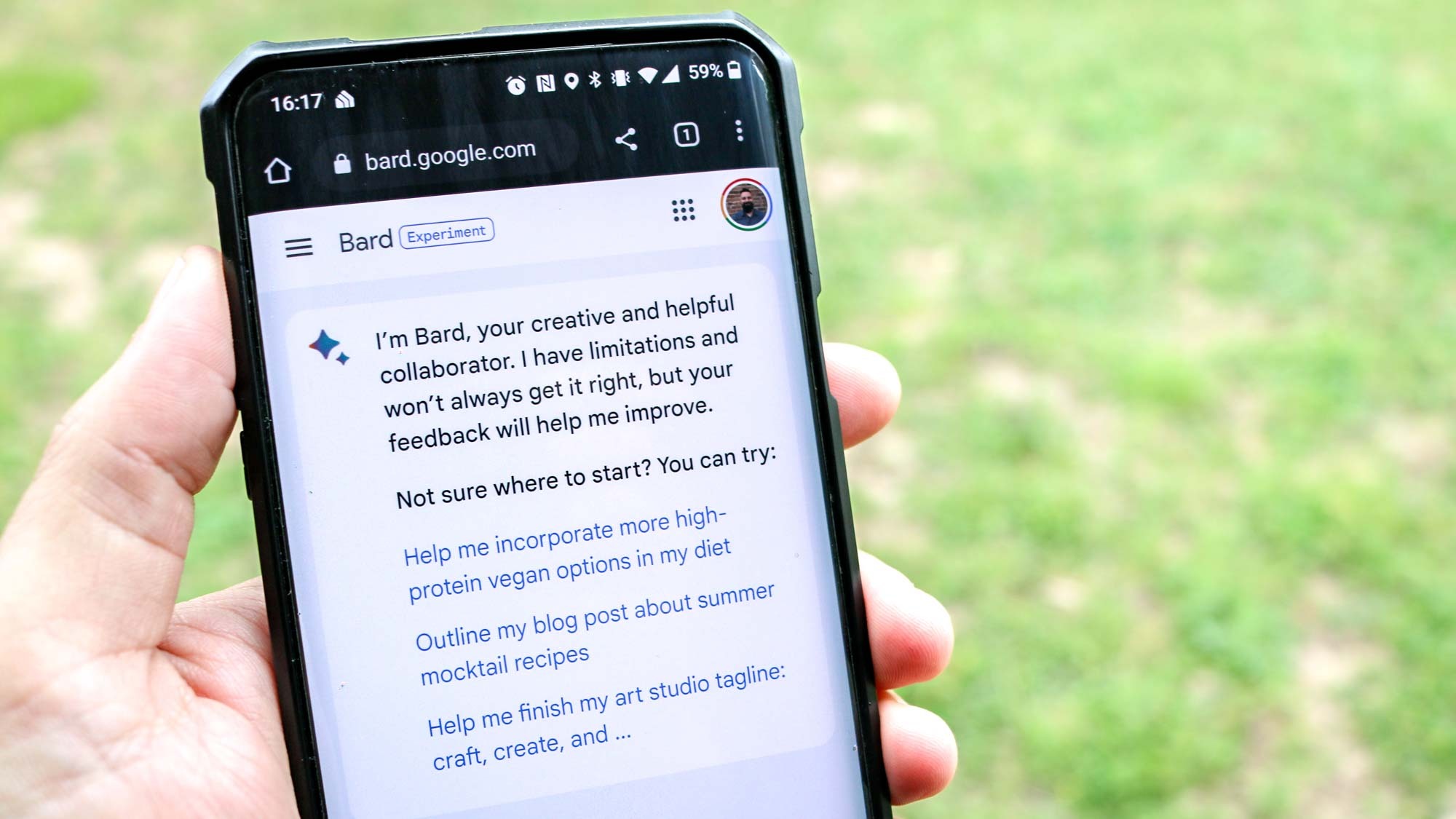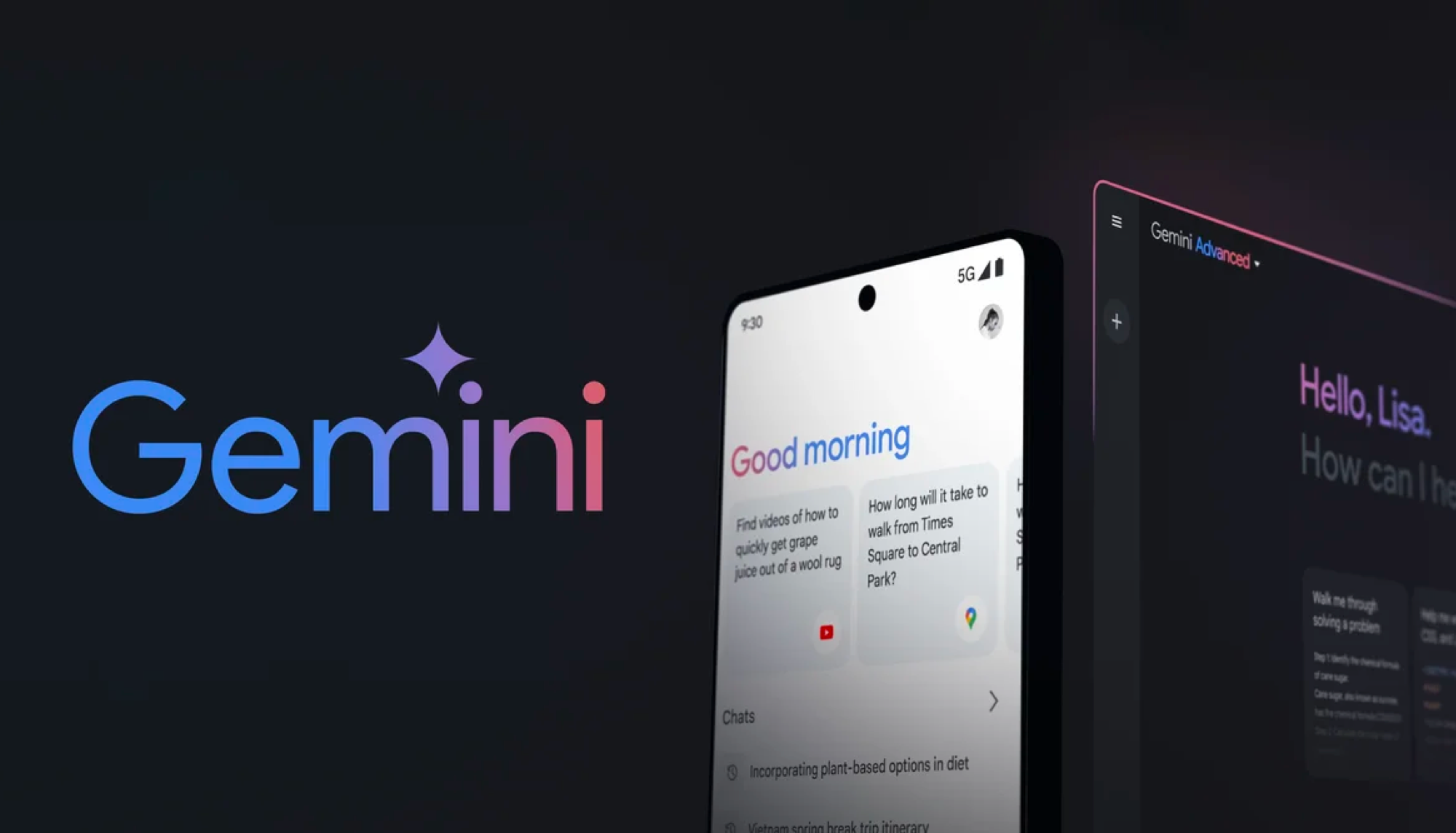Google Bard is about to invade your text messages — here's the proof
Google Messages could be the next frontier for Bard AI

Picture the scene: you’re getting a load of messages from that one good friend of yours who’s a little bit over the top when it comes to texting. Your phone is constantly pinging with short sharp texts while you’re watching one of the best Netflix shows. It’s irritating, but you’re a good friend so you have to respond. If that situation is a bugbear of yours then Google Bard could hold the solution.
That's because 9to5Google has discovered a beta version of Google Messages that has a new Bard/Google AI icon in the field where you’d usually tap in text. Now from that it can be predicted that at some point in the near future, Google will let users hand over texting responsibilities to the Bard AI.
Now, this feature isn't activated yet in the beta, so it may be the case that after some testing Google decided to scrap such an idea. But, it could also be the next evolution for the likes of Smart Reply, which provides reply prompts based on the context of conversations; I’ve found Smart Reply works quite neatly in Gmail for rapid responses.
Of course, Bard is more of an AI chatbot than a machine-learning model for quick replies. So integrating it into a messaging app could give it the scope to handle your conversations for you.
Google Bard talking for you… what could possibly go wrong?

But I know what you’re thinking: ‘this could go horribly wrong very quickly.’ And I’d tend to agree. While this new wave of AI-powered chatbots, like ChatGPT can deliver some impressive answers to queries when fed enough specific information, they can also get things hilariously wrong.
The last thing you want is for a chatbot to, say, confuse your partner with your parents or your boss with your best friend. We all have different ways of interacting with different people, especially in text where nuance and tone are hard to communicate.
It’s likely that Google would need to have Bard trained up a lot more before it’s given free rein to reply to messages. And that would likely mean users would need to surrender some of their personal information and texts, so the AI can learn how to respond like them.
Sign up to get the BEST of Tom's Guide direct to your inbox.
Get instant access to breaking news, the hottest reviews, great deals and helpful tips.
My guess is if Bard is integrated into messaging apps, it’ll be somewhat limited in how it responds to prevent social snafus.
But it’s another indication that we’re living in a time where AI could realistically be a real part of our lives, which is both exciting and a tad intimidating *cough* Skynet *cough*.
More from Tom's Guide
Roland Moore-Colyer a Managing Editor at Tom’s Guide with a focus on news, features and opinion articles. He often writes about gaming, phones, laptops and other bits of hardware; he’s also got an interest in cars. When not at his desk Roland can be found wandering around London, often with a look of curiosity on his face.

